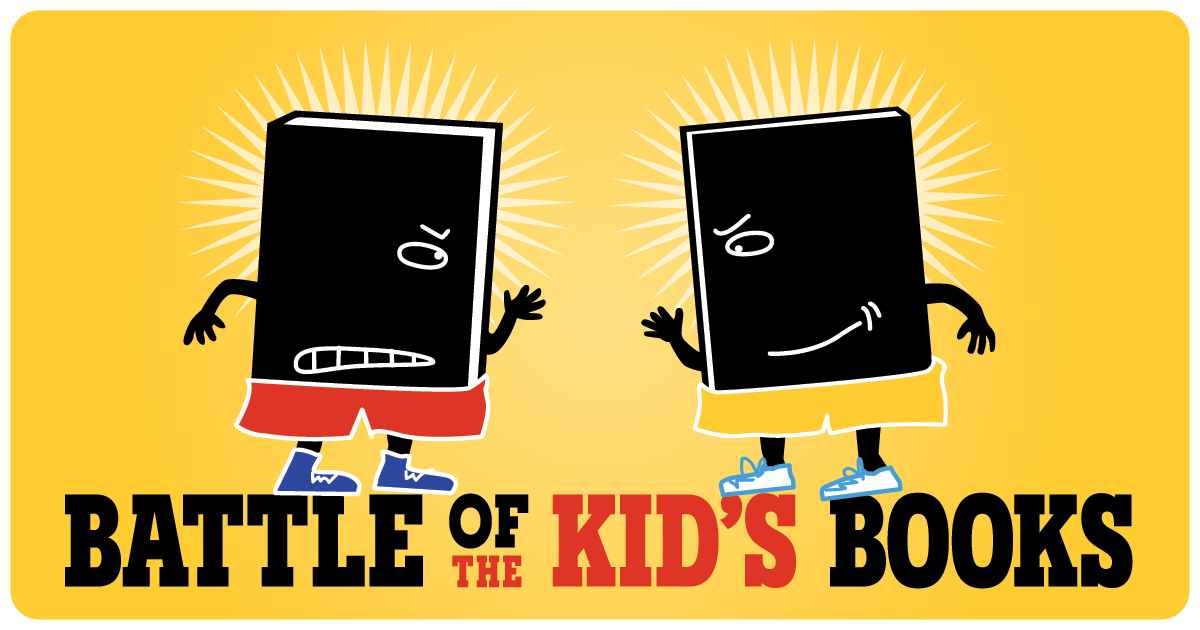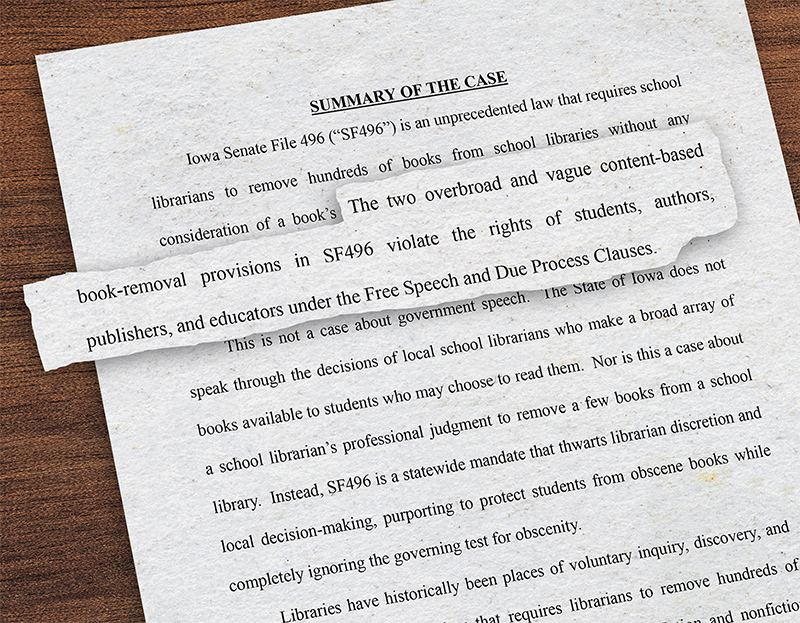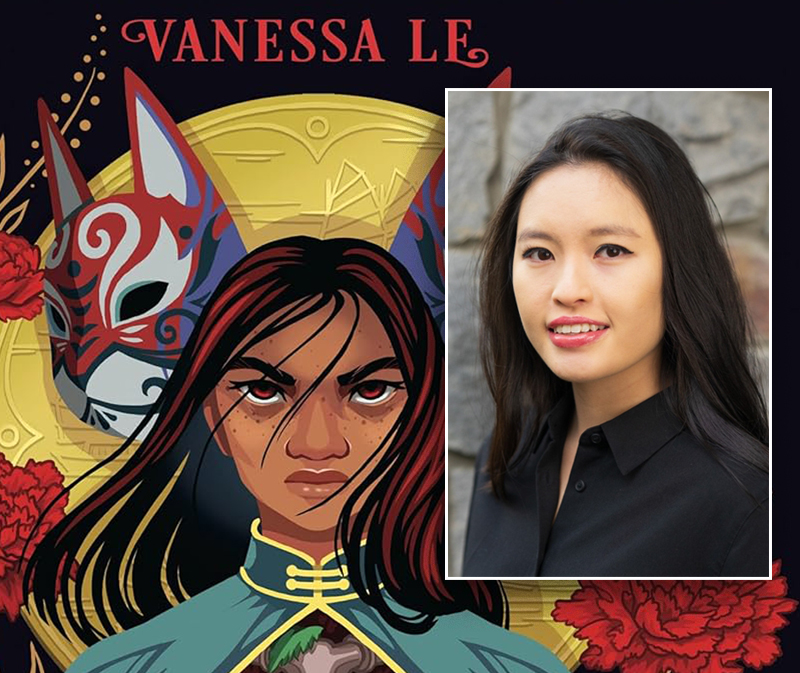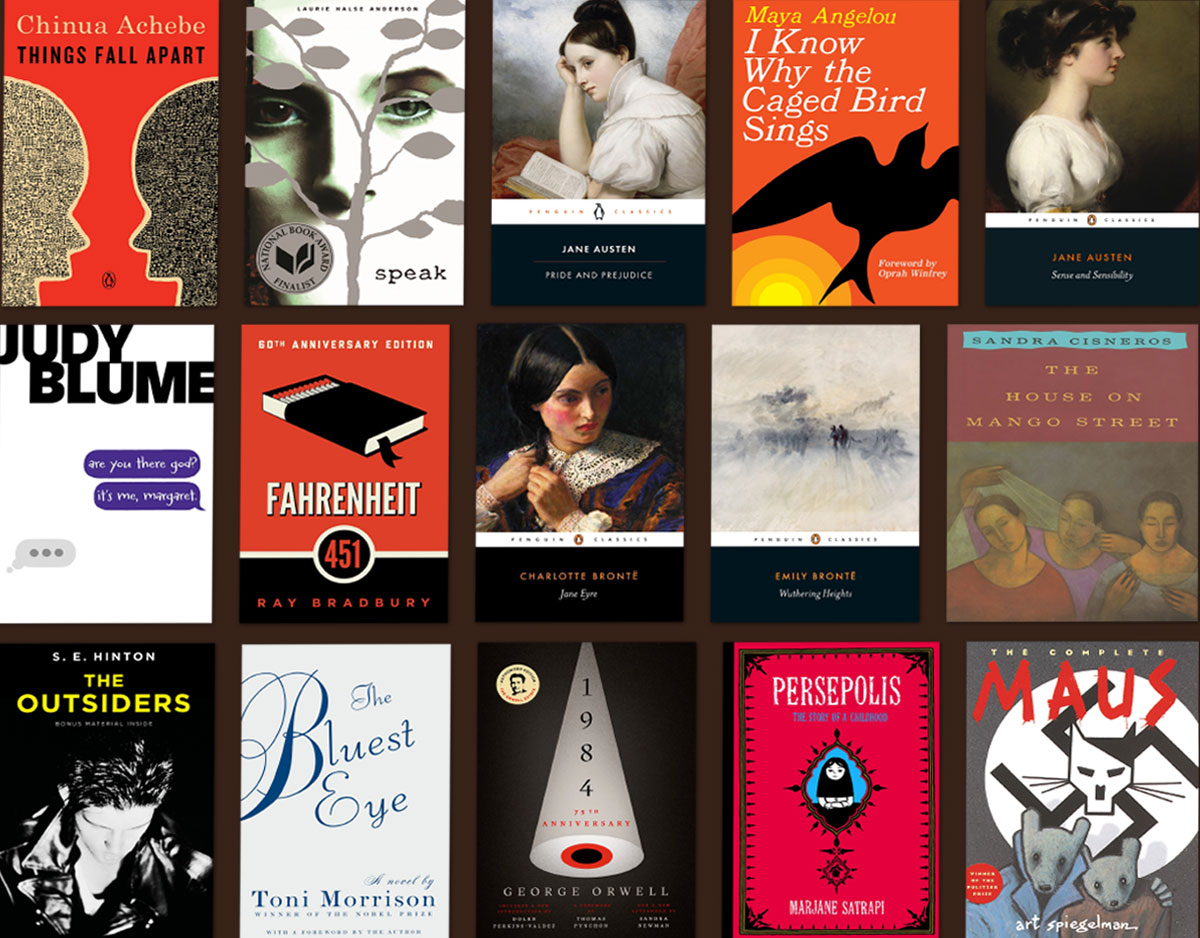SCROLL DOWN TO READ THE POST
Round 1, Match 6: Wet Cement vs When the Sea Turned to Silver
|
JUDGE – JANE YOLEN |
|
| Wet Cement by Bob Raczka Macmillan |
When the Sea Turned to Silver by Grace Lin Little Brown |

Bob Raczka’s concrete poetry collection Wet Cement begins with a pun (concrete/cement, get it?) and ends with a copyright notice that is itself a concrete piece, though not an actual poem.
The spreads are constantly and consistently clever, playful, and inventive. However, as a poet myself, I kept getting caught on rhymes that just missed—one of his quirks is rhyming a singular word with a plural: Or using rhyme words that are not quite slant and not quite right: twelve/himself; shawls/at all; there/scared.
And yet when his poetry hat is on tight, the poem is as clever and perfect as the art.
For example. the Big Dipper poem works as a poem even without the concrete art making the poem look like the Dipper. It is both clever and deep.
Way down there on earth, you hold firefly jars
Filled up to their lids with light.
Up here in the sky, I’m a vessel of stars,
My brim overflowing with night.
But the editor in me wanted one more pass on the poem to straighten out its meter so that the first two lines read:
Down there on earth you hold firefly jars
Filled up to their lids with bright light.
All in all, a good book of concrete poetry that just (slightly) misses the mark. I happen to be a huge fan of Raczka’s work in concrete poems, especially the formatting. We once talked about doing a book together. I just wanted the poems inWest Cement themselves to be as perfect, surprising, and thought-provoking as the amazing art.
Ritual disclaimer: Grace Lin is a friend of mine and a neighbor two towns away.
It took a few chapters before I totally got into both the rhythm and the magic system of When the Sea Turned to Silver, but suddenly, and without realizing it, I was totally engaged. After that, I was reading the book any time I could, galloping through both the narrative portions and the tales within the tale.
The book begins with disaster, is filled with magical journeys, ends with. . .but I shall not tell you that.
Along the way are stories—some noted as such and told as if an old storyteller had written those chapters. Others are embedded in the fabric of the novel itself.
The prose is metaphor rich, and lyrical. The storyteller’s voice is engaged and engaging.
Some of the stories are ones I recognized, having put together twelve anthologies of folk tales. Others I recognized parts of, either as strictly Chinese or as ones with European variants. But knowing the provenance of the tales within the tale was an added bonus for me. A young reader (or even a non-nuanced older reader) can enjoy them as they meet them here for the first time.
Lin is a magician of this kind of weaving which—like the magic jacket of many patches in the novel—keeps us warm and warns us in days of danger, political upheavals, and mystery.
If I have to choose between these two very different books for the one to move on in the Battle of the Books, without hesitation I would choose Grace Linn’sWhen the Sea Turned to Silver.
–Jane Yolen

Lin’s storytelling captured me back in the 2013 battle when I read Starry River of the Sky, and When the Sea Turned to Silver is no different. It’s one of my favorites this year, and I’m ecstatic that it’s continuing in the battle. The folklore’s fascinating partly because it speaks in a language we see so rarely these days: that of fables. A king helps an old man and gets a Paper of Answers that saves his kingdom; two patricians are turned into monkeys for their greed; an artist whose paintings come to life gets revenge through his art on those who would abuse his talent. In some ways, it’s a very different moral universe than the stories we tell today. The villains get punished in an unexpected yet fitting way, and the protagonists win out of love and goodness. In the end, though, we’re rooting for Pinmei and Yiishan, marveling at their innocence and growth as they navigate a fantastical and awe-inspiring world.
Raczka, turning poetry into visual art, also creates something unexpected. Ms. Yolen makes a good point that the poetry could be a little tighter, but that didn’t inhibit my enjoyment of Wet Cement’s delightful inventiveness. The joy of both books is that they take us into amazing worlds we don’t expect – and if books are for anything, that’s what they’re for.
– Kid Commentator RGN

WHEN THE SEA TURNED TO SILVER WILL MOVE ON TO ROUND 2
About Battle Commander
The Battle Commander is the nom de guerre for children’s literature enthusiasts Monica Edinger and Roxanne Hsu Feldman, fourth grade teacher and middle school librarian at the Dalton School in New York City and Jonathan Hunt, the County Schools Librarian at the San Diego County Office of Education. All three have served on the Newbery Committee as well as other book selection and award committees. They are also published authors of books, articles, and reviews in publications such as the New York Times, School Library Journal, and the Horn Book Magazine. You can find Monica at educating alice and on twitter as @medinger. Roxanne is at Fairrosa Cyber Library and on twitter as @fairrosa. Jonathan can be reached at hunt_yellow@yahoo.com.
ADVERTISEMENT
SLJ Blog Network
Name That LEGO Book Cover! (#53)
Cover Reveal and Q&A: The One and Only Googoosh with Azadeh Westergaard
Exclusive: Vol. 2 of The Weirn Books Is Coming in October | News
Take Five: Middle Grade Anthologies and Short Story Collections
The Classroom Bookshelf is Moving
ADVERTISEMENT
ADVERTISEMENT







